Carnival approaches…
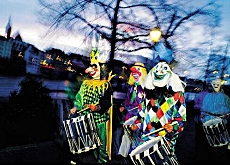
Carnival came early this year, and the unique-Swiss approach to celebrating the season was not to be missed.
It kicked off on February 23, which is the Thursday before Ash Wednesday – or “Dirty Thursday” as it’s known in parts of Switzerland.
Dirty Thursday began in Lucerne and some other German-speaking towns at precisely 5am.
In Lucerne, dozens of costumed brass bands take their signal from a pre-dawn gun salute on Dirty Thursday to strike the fist dissonant chords of marches and pop songs, and begin parading through the streets and alleys of the old town.
The unique musical combination is known in Swiss-German as “Guggenmusik”.
The well-behaved mayhem that follows is known as “Fasnacht” and lasts until Ash Wednesday the following week.
The music may be intentionally out-of-tune, but the seemingly anarchic proceedings never get out-of-hand and always run on schedule. Very Swiss.
Basel
The best-known Swiss carnival is Basel’s Fasnacht, which is out of sync with the rest of Switzerland since it begins on the Monday after Ash Wednesday.
The post-Lenten start is the Protestant city’s way of mocking the Catholic carnival tradition of feasting and making merry before the 40-day fast.
On this day at exactly 4am, the streetlights in the town on the Rhine go down and the curtain goes up on the “Morgestraich” parade.
Large lanterns hoisted on wagons or poles light the path of Basel’s masked drummers and piccolo players.
The lanterns are illustrated with scenes lampooning events which struck a chord with the Swiss during the previous year.
Bellinzona and Payerne
The key of the city of Bellinzona is handed over to “King Rabadan” on the evening of Dirty Thursday to launch carnival in the capital of the Italian-speaking canton of Ticino.
Traditionally, carnival in Ticino was a time when the rich had to ensure that the poor had enough food to fill their bellies before having to fast at Lent.
While flour soup is served up in great quantities at many carnivals in German-speaking Switzerland, risotto is the meal of choice in Ticino.
Payerne hosts the largest carnival in French-speaking Switzerland.
The four-day event includes processions of spectacular floats and costume balls.
swissinfo

In compliance with the JTI standards
More: SWI swissinfo.ch certified by the Journalism Trust Initiative



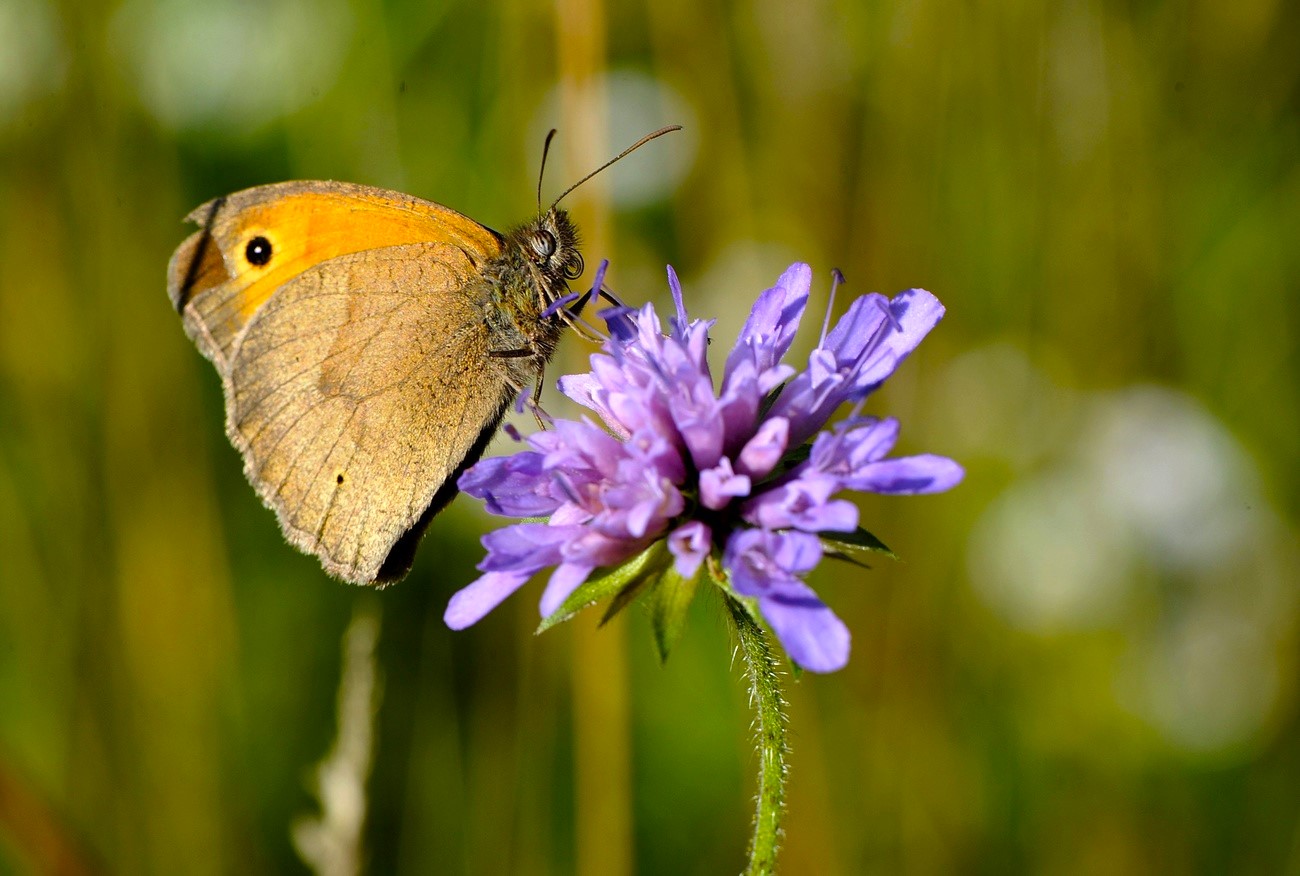
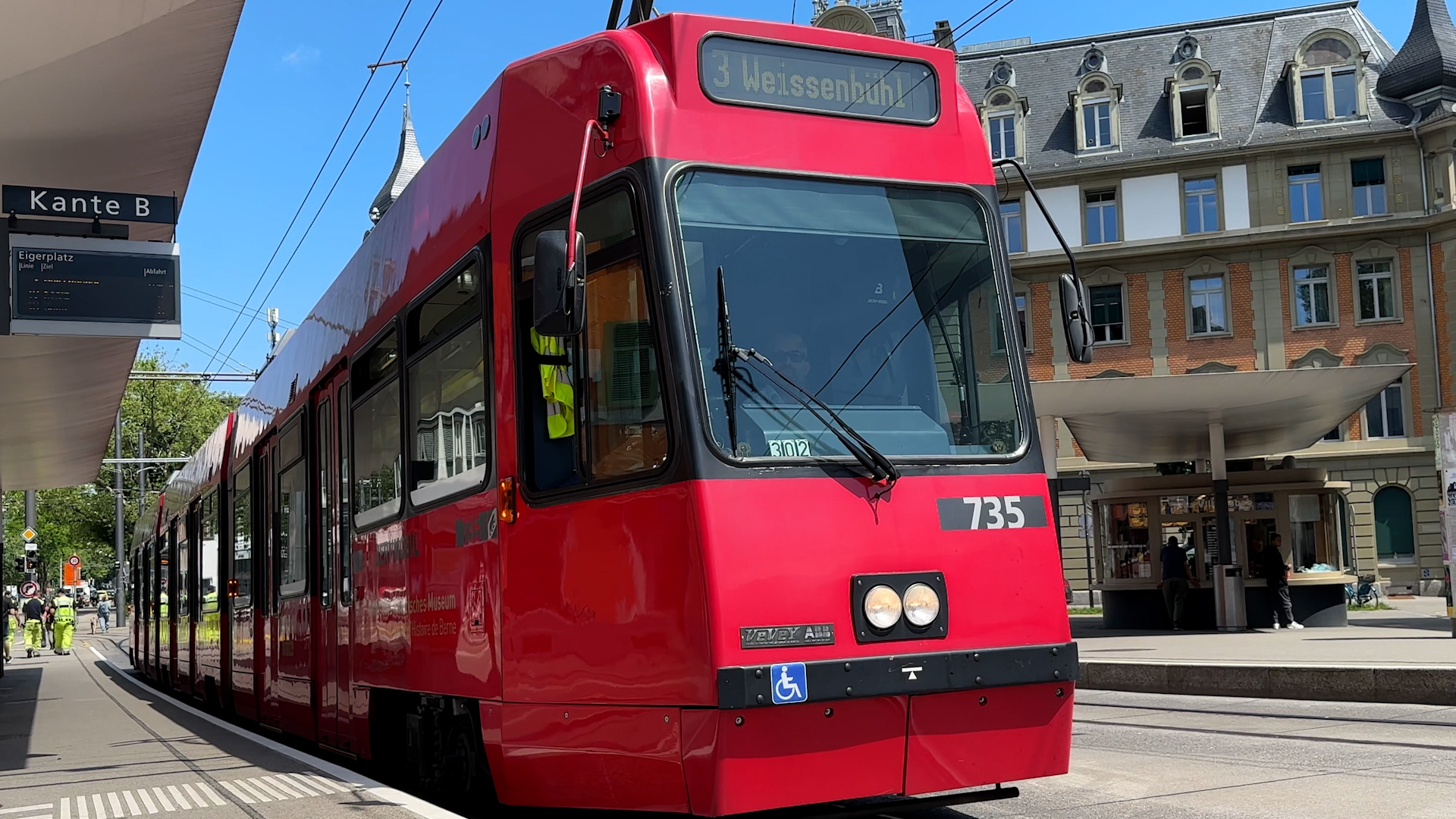



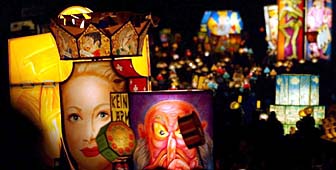
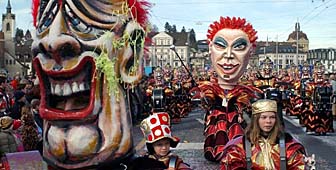
You can find an overview of ongoing debates with our journalists here . Please join us!
If you want to start a conversation about a topic raised in this article or want to report factual errors, email us at english@swissinfo.ch.